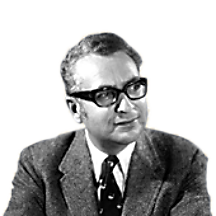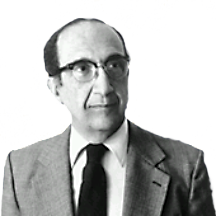Murray Gell-Mann was born in 1929 in New York. He received his PH.D. degree in Physics in 1951 from the Massachusetts Institute of Technology (M.I.T). In 1951, he transferred to the California Institute of Technology, where he engaged in the research of elementary particles.
In 1969, Gell-Mann was awarded the Nobel Prize in Physics “for his contributions and discoveries concerning the classification of elementary particles and their interactions”.
During the 1950’s, along with the development of particle accelerators, more elementary particles were discovered. In 1961, Gell-Mann proposed a classification system that can organize the numerous particles into categories, thereby introducing an order to the sub-atomic world.
His revolutionary achievement was his hypothesis regarding the existence of quarks, the foundation elements comprising all the elementary particles that are affected by strong interactions, such as proton and neutron. Furthermore, Gell-Mann postulated the existence of gluons, particles that supposedly bind the quarks together.
For these achievements, Gell-Man is considered one of the greatest physicists of our time.
introduced a classification system for the sub-atomic world.




